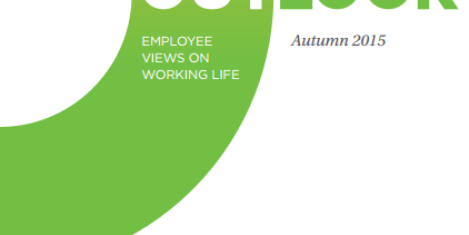November 12, 2015
Workers say regular wellness reviews would help improve productivity 0
Over half of UK employees are struggling to make long-term changes to their lifestyles, but believe they could adopt healthier practices with more help from their employers, new research by Bupa claims. In the study of 2,000 UK employees, 52 percent admitted that their changes generally last no longer than a few weeks, and just 7 percent have been completely successful. But more than 85 percent of employees believe they would be more productive if they were able to stick to positive lifestyle changes in the long-term, two in five (44 percent) would love their work to help them make positive changes to their lifestyle and half (48 percent) say a regular wellness review would help with this. The research showed that three quarters of employees (73 percent) have chosen to change their lifestyle to feel more physically healthy, with nearly half (46 percent) changing to improve mental health.


































November 9, 2015
Business success is progressively less related to employment levels 0
by Mark Eltringham • Comment, Technology, Workplace, Workplace design
If you want to understand exactly how the economy has changed over the last few decades, one of the most important statistics is also one of the least remarked upon. It is the growing disconnect between a firm’s earnings and the number of people it employs, a statistic that puts paid to the lie that people are an organisation’s greatest asset. Once upon a time, of course, there was a direct correlation of one sort or another between the a firm’s revenue and the number of people it employed and consequently the amount of space that it took up. This was especially true for the world’s great manufacturers and other industries engaged in what was once proper work; moving, creating, destroying and maintaining things. Growth and success meant more employment and more space. There were economies of scale but the upshot was more or less an arithmetic progression in employment based on earnings.
More →